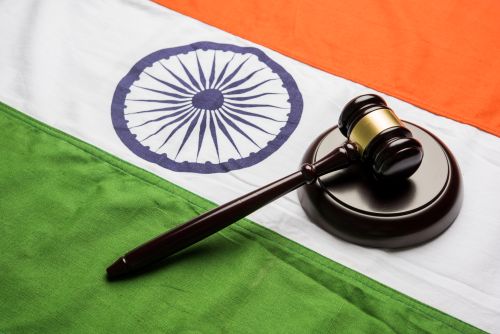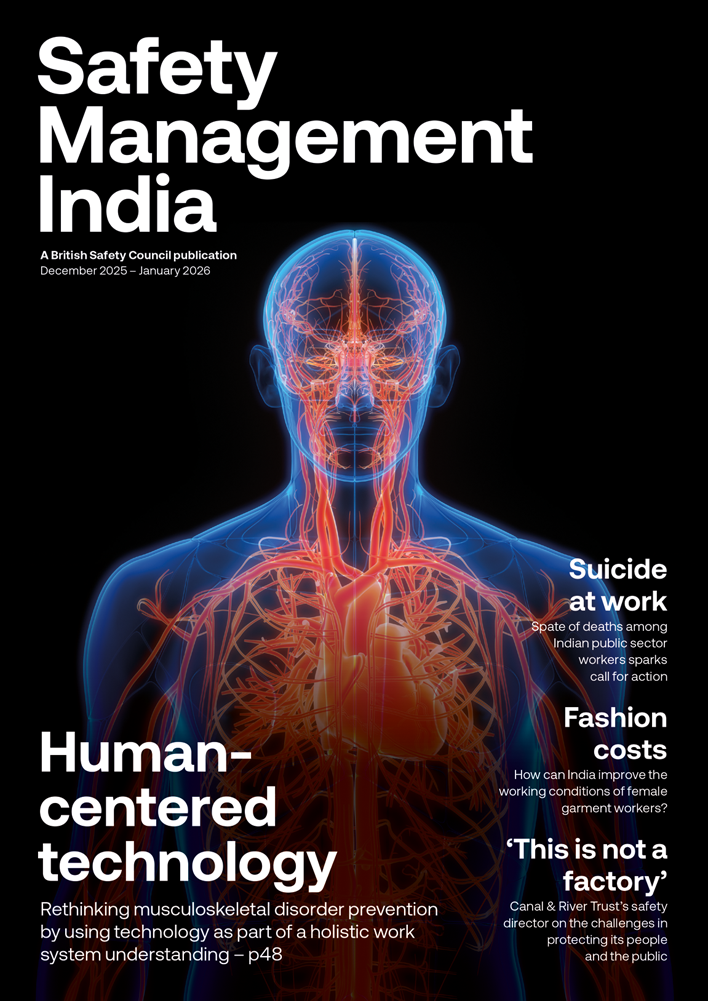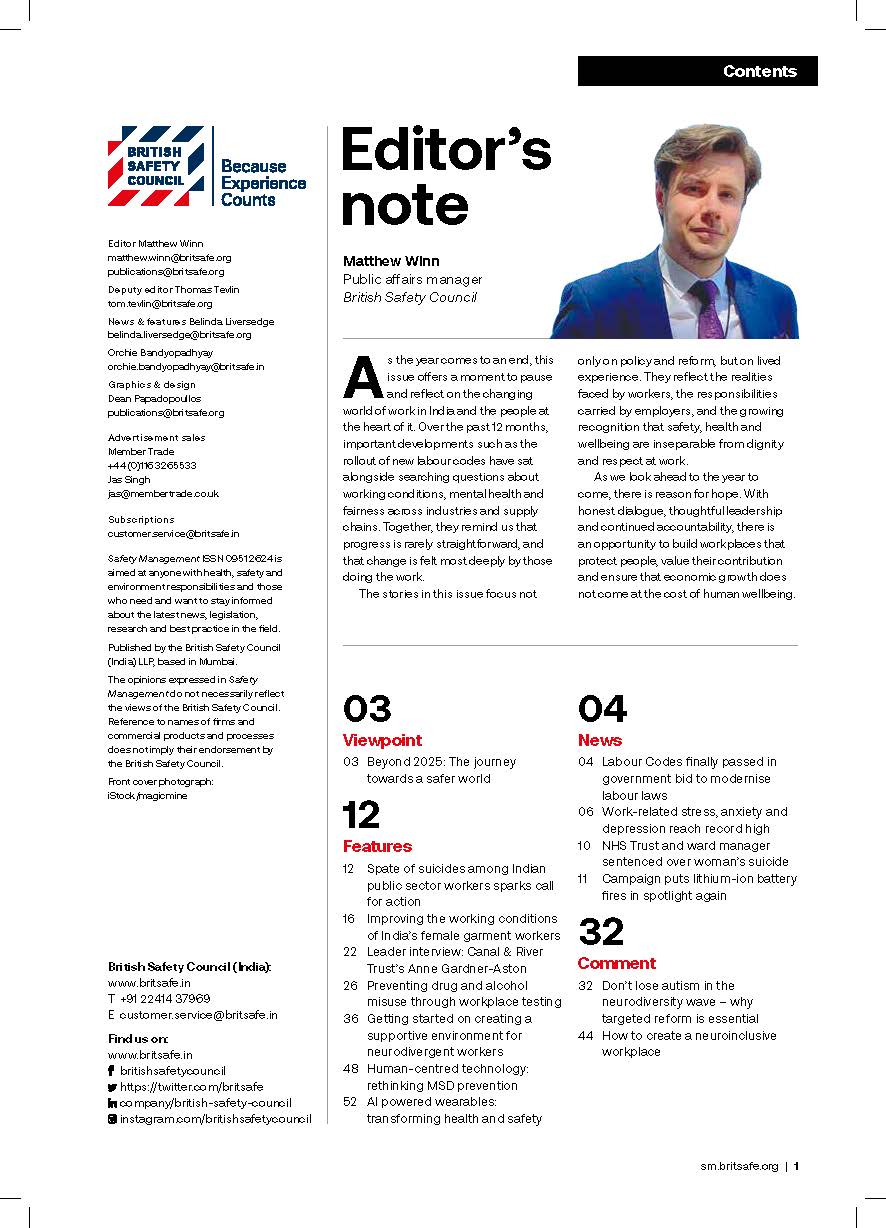Online and telephone counselling and advice is expected to become more widely available for people experiencing mental health problems after the Indian government announced plans for a National Tele-Mental Health Programme in the recent financial Budget.
News
Online mental health counselling to be launched, says Indian government
Union finance minister Nirmala Sitharaman said a network of 23 ‘tele-mental health centres of excellence’ will be established “to provide better access to quality mental health counselling and care services”. The National Institute of Mental Health and Neurosciences (NIMHANS) – the agency that advises the government on mental health policy and healthcare – will be the ‘nodal’ or coordinating centre and the International Institute of Information Technology-Bangalore (IIITB) will provide technology support.
 Credit: iStock: gawrav
Credit: iStock: gawrav
The move is expected to lead to the launch of online and telephone-based counselling for people on how to improve their mental wellbeing. However, the extent of the support – and who it will be available to – has yet to be announced.
Announcing the move on 1 February, Sitharaman said the Covid-19 pandemic had led to an increase in mental health problems in people of all ages. Commentators say the rise in the number of people reporting mental health difficulties has been driven by factors such as pandemic-related job losses, financial worries due to loss of employment and social isolation due to restrictions on social mixing.
The announcement has been broadly welcomed by mental health experts, who said the move would make mental health support more accessible, encourage more people to seek support and help remove the stigma around disclosing and seeking help for mental health problems.
Dr Pratima Murthy, director of NIMHANS, said the decision could be a “game-changer” in providing healthcare and support to those with mental health problems. She explained that the tele-mental health centres could provide basic counselling to people suffering from mild psychological distress, and this in itself would be a lot of help to the individuals. She stated that many countries have shown that ‘tele-mental health support’ can improve the mental health and wellbeing of those who access the services. She added that the proposal – while not a substitute for in-person support from a mental health practitioner – has the potential to reach and benefit the most remote parts of the country, where people otherwise might not be able to access mental healthcare.
Dr Harshit Jain, founder and global CEO of Doceree, a digital platform that helps pharmaceutic and healthcare companies communicate their medical products to doctors, said: “The high point of the budget is its focus on mental health. It shows the government’s commitment towards creating a holistic health environment. The situation got compounded as there was another epidemic we were facing simultaneously – the mental health epidemic which was global in nature.
“The proposed national tele-mental health programme will create a supportive environment for people to talk about emotional issues they encounter on a day-to-day basis and help remove the stigma that we have around mental and emotional problems.”
Subhamoy Dastidar, director of AtEase, a mental health advice and support platform for women and non-binary individuals, said in a statement on the BioSpectrum website it was “gratifying to see that mental health got a rare mention” in the budget. He added: “Post pandemic, especially since 2020, mental health issues are no more considered an urban phenomenon but have spread across small towns in India and the need to make mental health services more accessible is bigger than ever.”
Meanwhile, in comments reported by the Indian Express, Narendra Kinger, founder of Talk to Me, a Mumbai-based organisation that offers mental health counselling to the underprivileged, said the provision of online and telephone counselling and support “will improve the privacy aspect thereby addressing the aspect of ‘stigma’ that Indians generally have towards mental health”.
Neerja Birla, the founder and chairperson of Mpower, a provider of psychological counselling and other support services for those experiencing poor mental health, tweeted that the move “will ensure more extensive discussions and conversations on the issue and provide access to recognised counselling, thus eliminating the stigma associated with #mentalhealth”.
Meanwhile, in a written reply in the Rajya Sabha on 9 February, Union minister of state for home affairs Nityanand Rai said that 3,548 people unemployed people committed suicide in 2020, according to data from the National Crime Records Bureau. This is reportedly the first time the annual number of recorded suicides among unemployed people has exceeded 3,000.
The data also shows that in 2020, the states with the highest number of deaths by suicide among the jobless were Karnataka (720), Maharashtra (625), Tamil Nadu (336), Assam (234), and Uttar Pradesh (227). The total number of deaths by suicide in India in 2020 was 1.53 lakh.
The minister also detailed the number of deaths by suicide “due to bankruptcy and indebtedness”. In 2020, these stood at 5,213, down from 5,908 in 2019. However, the number of suicides among those experiencing bankruptcy or indebtedness in 2019 rose sharply compared to 2018, when 4,970 suicides were attributed to that cause.
Rai added the central government is working to reduce the incidence of suicide and mental health disorders by promoting the availability of mental health services. He added that through the National Mental Health Programme (NMHP), the government will be supporting the implementation of a District Mental Health Programme (DMHP) in 692 districts in the country.
“The programme aims to provide suicide prevention services, workplace stress management, life skills training and counselling in schools and colleges, mental health services including prevention, promotion and long-term continuing care at different levels of district healthcare delivery system; and promote community awareness and participation in the delivery of mental healthcare services,” said Rai, according to national media reports.
However, commentators argue that the current national government funding for mental health treatment and support services is grossly insufficient, given that as many as 14 per cent of India’s population is estimated to be living with some form of mental illness.
NEWS
Employment rights bill passes into law, bringing 'work into the 21st century'
By on 24 December 2025

Long awaited Labour Codes finally passed in government bid to modernise labour laws and boost workers’ safety, wellbeing and employment rights
By Orchie Bandyopadhyay on 11 December 2025



